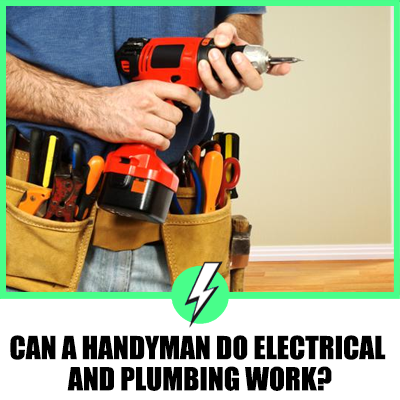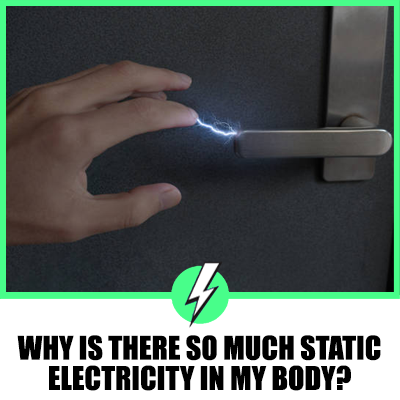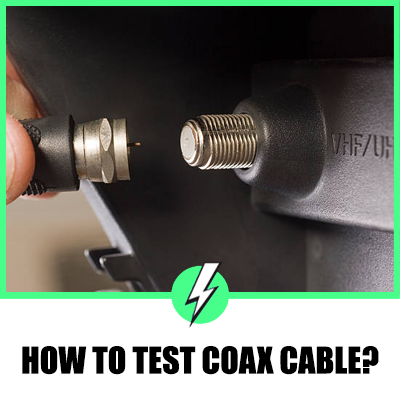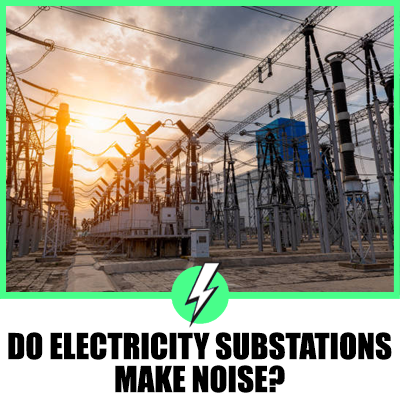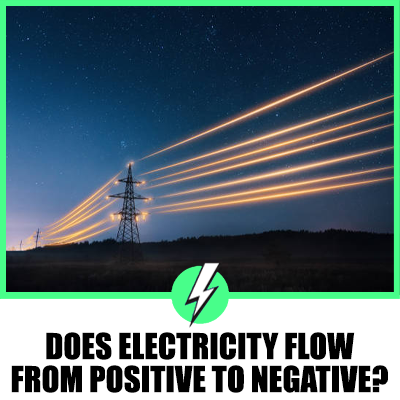What Is A Renewable Energy Electrician?
Is there enough potential to become a renewable energy electrician, or is the industry still not mature enough to offer job stability?
There is potential for renewable energy electricians, but you will need a recognised training course. Renewable energy will be the only energy in the future so getting in at the grassroots is a good idea. Renewable energy will still be predominantly based around 240 volts and circuits for the domestic user.
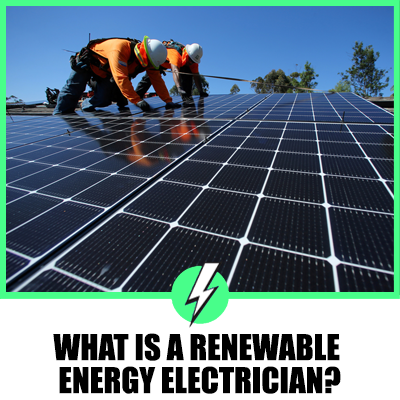
Contents
What qualifications do I need to work in renewable energy?
Does it depend on what renewable energy sector you want to work within? Renewable energy is not always about electricity generation.
But if we focus on electricity generation from renewables, you can assume you will not need a degree if you want to be a tradesperson.
For the foreseeable future, power generation from renewables will replace power generation from fossil fuels, which will not change the electricity supply across the country and indeed the world.
Is renewable energy a good career?
Yes, governments across the world support green energy, so renewables are the future. However, should you become entrenched in the way the power is generated is a different matter for consideration.
Some renewables will change as trends drop off like biomass in favour of solar, wind and sea generated electricity seems to be the cleaner way to advance.
Becoming an electrician working with renewable energy is a positive step forward. It will always be electricity centric, but the job will become more involved and skilled.
How will renewable energy impact electricity?
There are several ways to look at the impact of renewables on the electricity supply. Do you keep your power supply with your DNO (distribution network operator), or will more and more homes opt for a self-sustainable model?
The problem with taking the self-sustained route, such as having solar panels on your roof, is that there is no good solution for storing saved energy.
Unless someone like Elon Musk perfects how solar energy can be stored efficiently, the self-sustained route will not be cost-efficient, which leaves you being held to ransom by your DNO!
Is there a demand for solar panels?
Yes, but geopolitics will get in the way of a sustainable, affordable supply. Who is the largest solar panel manufacturer in the world?
| Rank | Company | Location |
| 1 | LONG iSolar | China |
| 2 | Tongwei Solar | China |
| 3 | JA Solar | China |
| 4 | Aiko Solar | China |
China produces 69.9% of the world’s solar panels supply, with the remaining 30.1% coming from sources in South East Asia.
So the pattern emerges, and as the world struggles to come to terms with China and its geopolitical ambitions, the supply of affordable solar panels remains limited, to say the least.
What country does not use solar energy?
It seems doubtful that countries in the Middle East do not use solar panels to generate electricity, but why is this?
Countries that can see daytime temperatures in the mid 50 ℃ don’t use solar panels for a few reasons.
- There usually is too much sand debris in the atmosphere that inhibits the solar energy
- Sand debris in the atmosphere can fall on the solar panels reducing the efficiency
- Day and night temperature fluctuations can cause damage to the panels
- Producing energy in oil and gas-rich countries is the least of the country’s problems
What countries are 100% renewable?
Only three in the world, Paraguay, Albania and Iceland. They do not use solar as most of the renewable energy is hydroelectricity. A percentage of geothermal power turns water into steam and conventionally generates power without pollution.
How do you become a renewable energy electrician?
The qualifications for a renewable energy electrician will be the same as a regular electrician.
You can sign up for an apprenticeship as an electrician and take the 4-year training course where you will be educated to NVQ Level3 Diploma standards.
The course will be one day of training in college each week and then the other day working alongside an experienced, qualified electrician to teach you the ropes.
Once you have your NVQ, you will need to work a further two years to have your work signed off by a competent electrician before applying for competency accreditation.
The journey is long but worth it in the end.
How can you progress as an electrician in the renewable energy sector?
In most industries, you will need contacts. You will have contacts for everything you do, work advice, pricing etc.
To progress further into renewables:
- Be aware of market forces, and what’s driving the market in the energy sector, you are interested in.
- Be passionate about your ambitions.
- Contact industry specialists and join forums giving your input.
- Research about specialised training courses, so you are ready.
- Network networking can take you further than any qualifications you may have. It’s not what you know. It’s who you know!
Will there be opportunities for self-employed renewable energy electricians?
Once you are qualified, the opportunities for becoming self-employed will become apparent to you. The crossover from employed to self-employed is easy with sacrifice and self-confidence.
The investment in becoming your boss may be daunting, but when you realise that earning more than 60K every year, the prospect becomes enticing.
You will need a van that has your logo. Tools and a website, and you are almost there.
Build a client portfolio, including estate agents who have clients always in need of electricians.
Promote renewable energy on your website. Fit electric vehicle chargers and other smart home electrical devices, so you become the authority in your area.
What are the negatives of solar energy?
Solar energy is still in its infancy as a sustainable alternative, and the production of solar panels produces pollutants!
The production of solar panels may be more harmful than burning fossil fuels, contrary to the concept of renewable energy sources.
